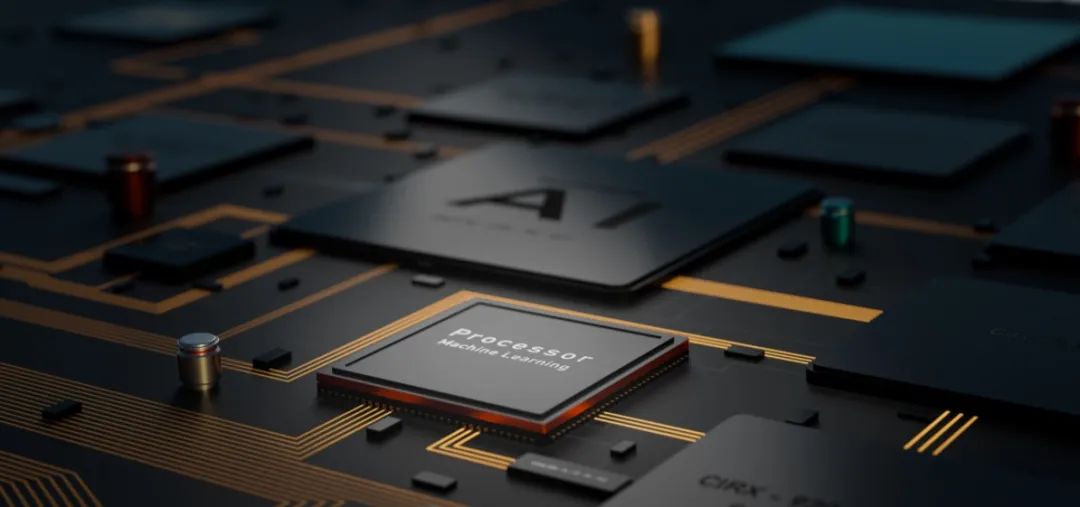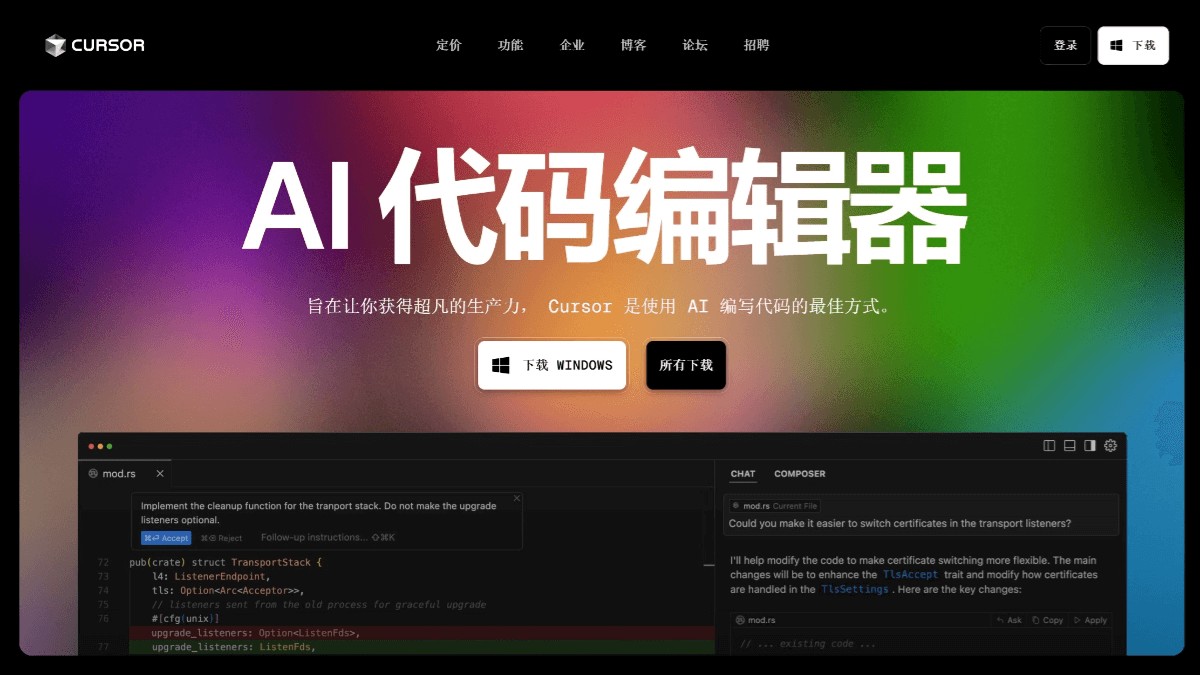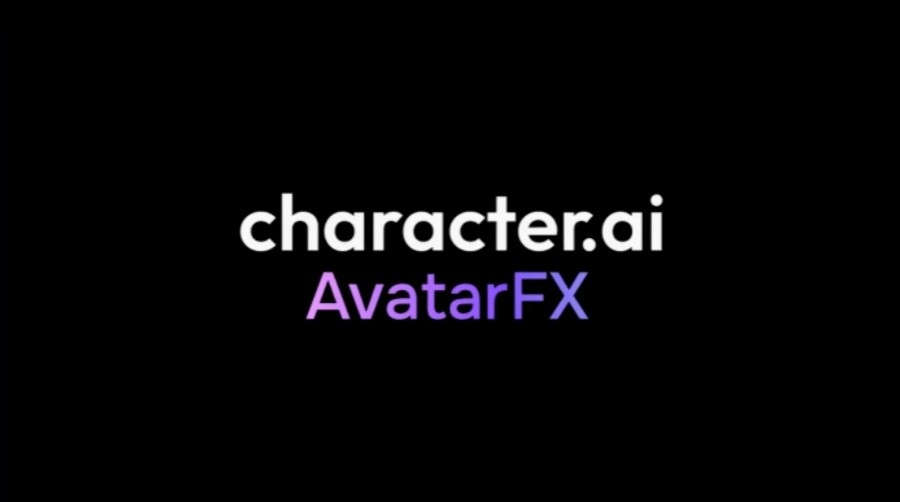
Learning artificial intelligence (AI) requires certain hardware and software support. The specific requirements depend on the direction of your learning (such as machine learning, deep learning, computer vision, natural language processing, etc.) and the scale of your training model. The following is the recommended configuration of hardware and software required for learning AI.
CPU : At least quad-core (like Intel i5 or AMD Ryzen 5).
GPU : NVIDIA graphics card, at least GTX 1660 or RTX 3060 or above is recommended for deep learning training.
Memory (RAM) : At least 16GB, higher (32GB or 64GB) for larger projects.
Storage : 512GB SSD (recommended) for fast data processing and storage.
Monitor : 1080p resolution, dual monitor configuration preferred.
Operating System : Linux (Ubuntu preferred), Windows and macOS are also available.
Programming languages : Python (most commonly used), R language (suitable for data analysis).
AI framework :
TensorFlow , PyTorch (deep learning).
Scikit-learn (machine learning).
Keras , OpenCV (image processing).
Hugging Face (natural language processing).
Development tools :
Jupyter Notebook , VS Code (code writing and debugging).
Git (version control).
Cloud service (optional) :
Google Colab : Free GPU (good for getting started).
AWS, Azure, Google Cloud (for larger-scale training).
Getting started configuration :
CPU: Quad-core, GPU: GTX 1660, 16GB memory, 512GB SSD.
Software: Python, TensorFlow/PyTorch, Jupyter Notebook.
Advanced configuration :
CPU: i7/i9, GPU: RTX 3070/3080, 32GB memory, 1TB SSD.
Software: Complete AI tools and frameworks.
With the support of the above hardware and software, you can learn and practice AI more efficiently and gradually improve your skills.



